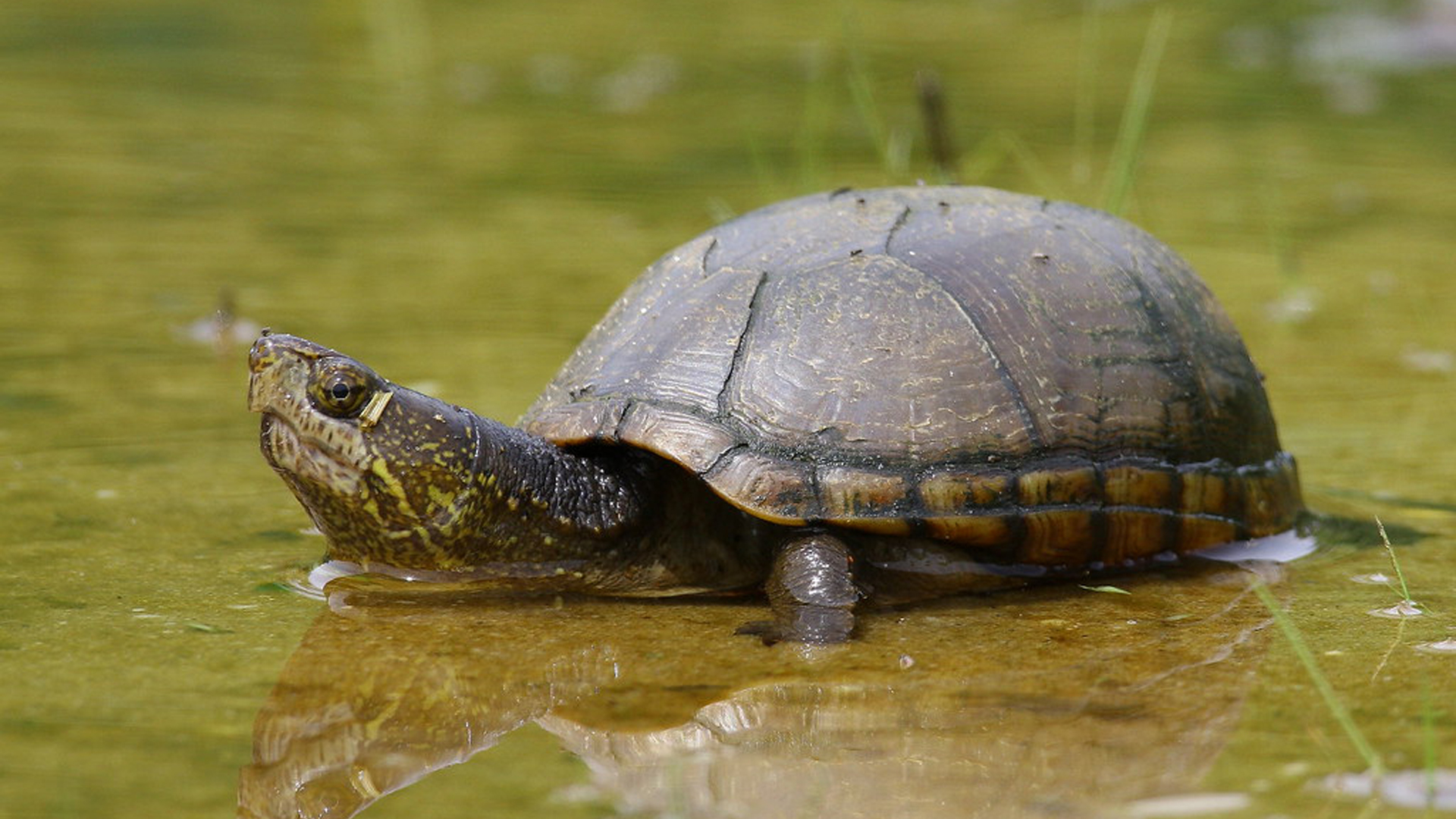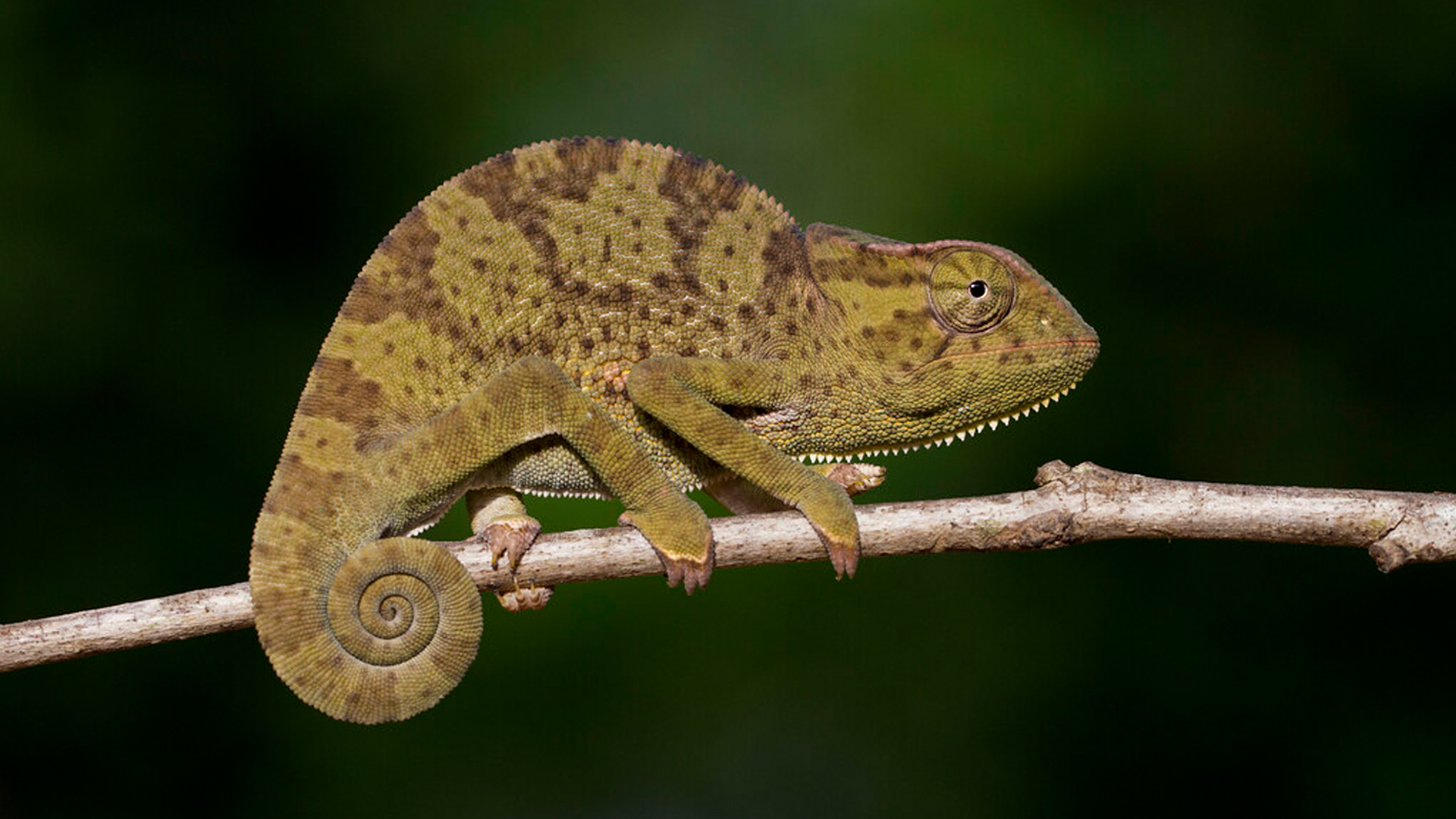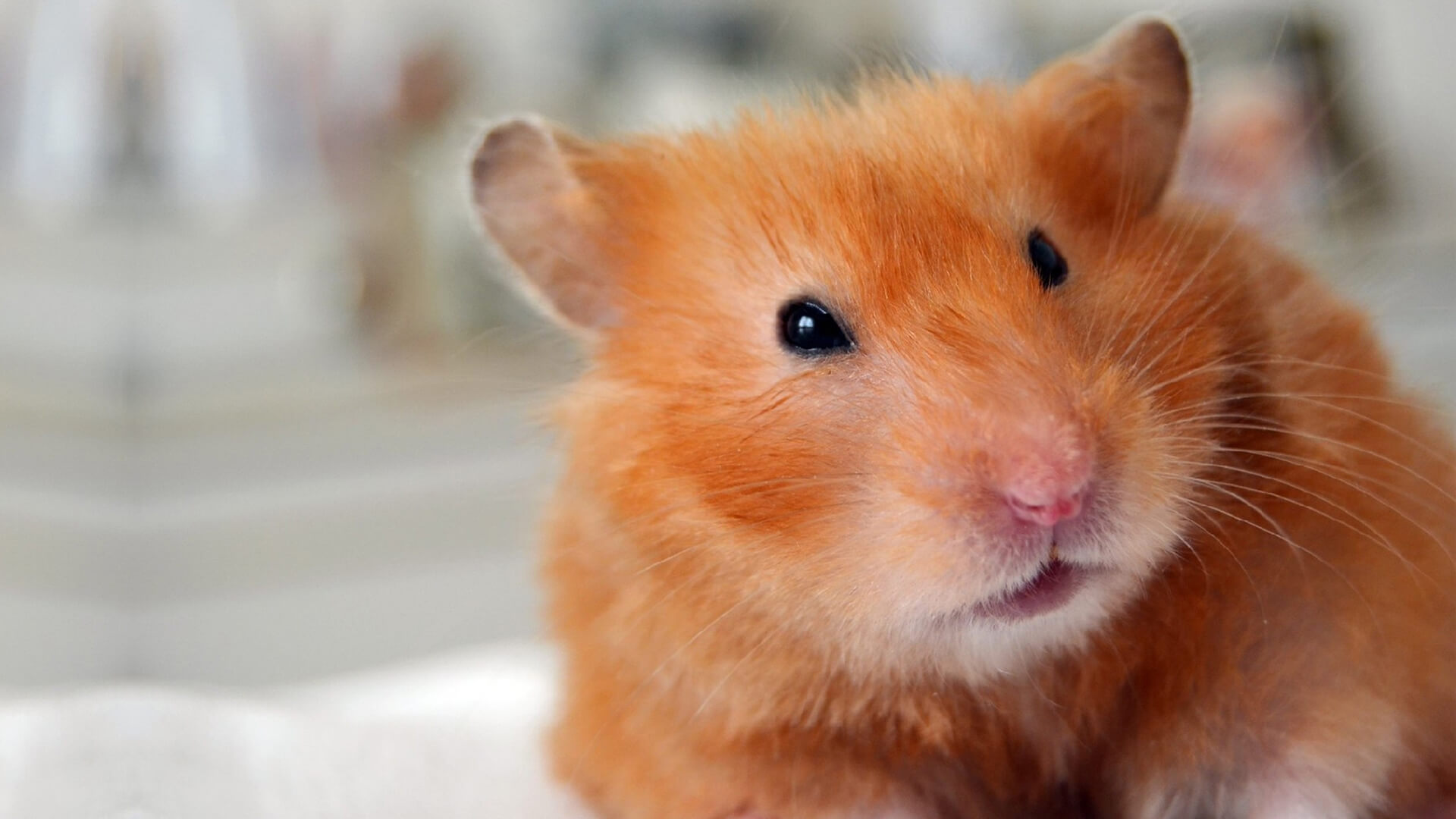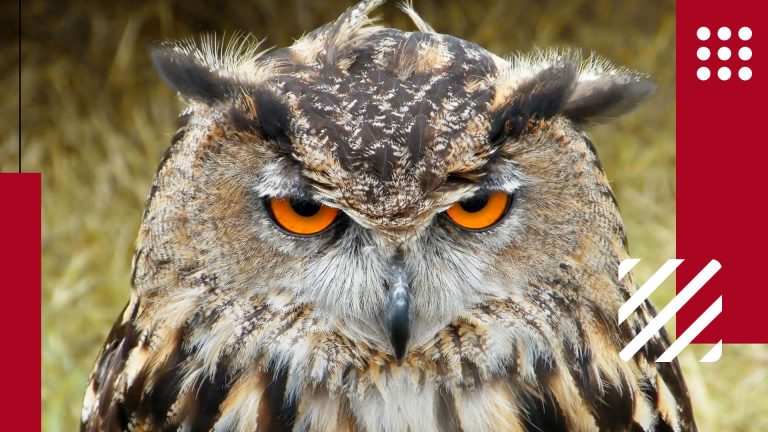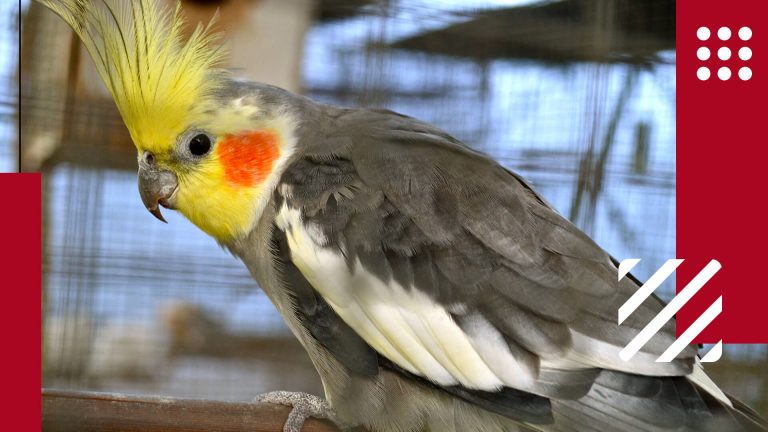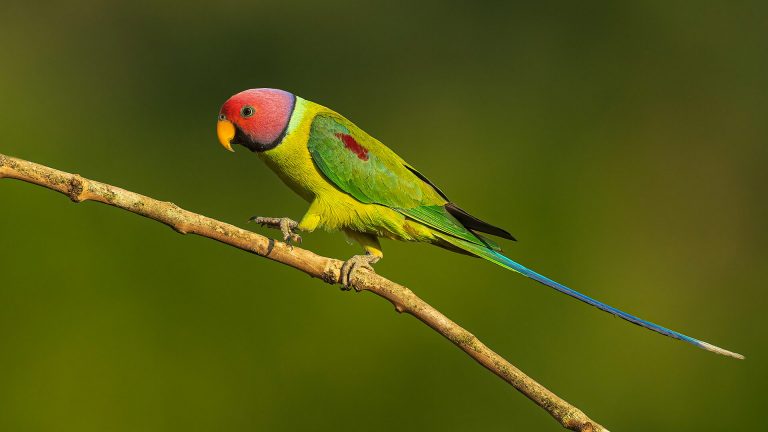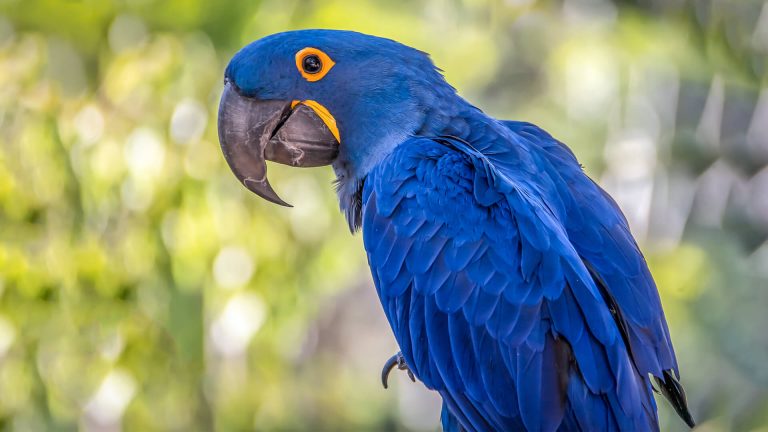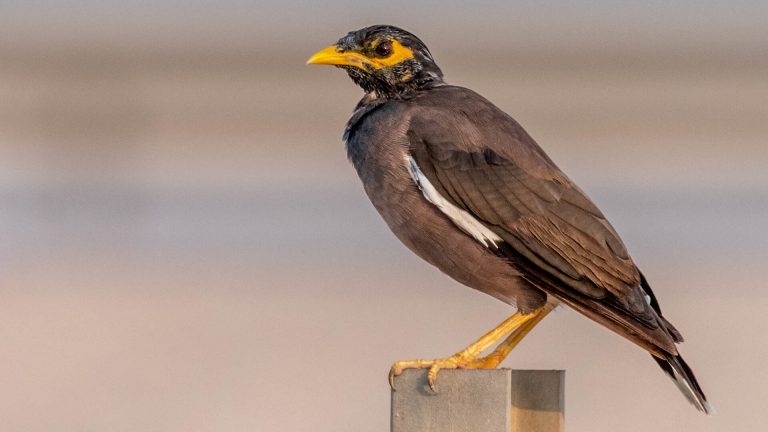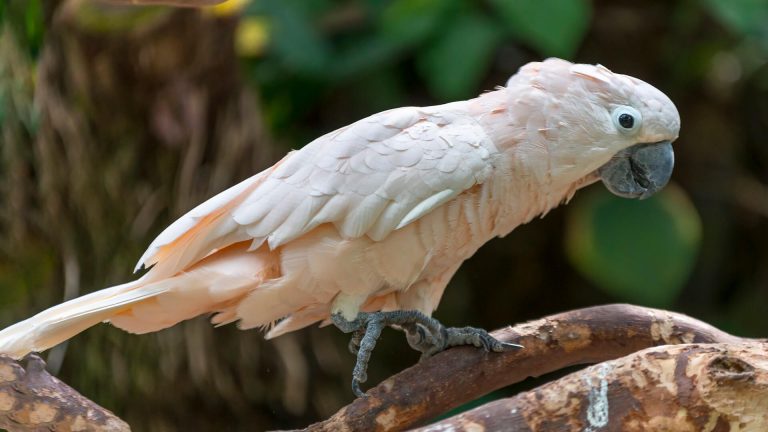The Sun Conure, known for its vibrant colors and lively personality, is native to South America, specifically Venezuela, North Brazil, and Guiana. Belonging to the Aratinga family, these birds have become popular pets due to their expressive vocalizations, playful nature, and adventurous spirit. In the wild, Sun Conures form noisy flocks of up to 30 birds, and they are skilled foragers, focusing on fruits, flowers, berries, seeds, nuts, and occasionally insects, especially during breeding seasons when their protein requirements are higher.
As pets, Sun Conures are cherished for their intelligence, temperament, and their ability to form strong bonds with humans. It's important to note that owning a Sun Conure is a long-term commitment, as these birds require care and attention throughout their lifetime.
Distinctive Features of Sun Conure
| Scientific Name | Aratinga solstitialis |
| Lifespan | Up to 30 years |
| Color | Brightly colored with yellow, orange, and green |
| Size | Up to 12 inches |
| Weight | 110-140 grams |
| Health Risk | Low |
| Cage Size | Minimum 24" x 24" x 36" |
| Unique Trait | Brilliant sunset-like plumage |
| Famous For | Striking colors and playful personality |
| Temperament | Active, playful, and affectionate |
| Maintenance | Moderate |
| Adaptability | Moderate |
| Behavior | Vocal, active, and enjoys interactive play |
| Personality | Affectionate, intelligent, and social |
| Social | Highly social, enjoys interaction with humans |
The Sun Conure is a strikingly colorful parrot of medium size. Its plumage is predominantly golden-yellow, with orange flushes on the underparts and face. The crown, nape, mantle, and wingtips display a rich yellow hue, adorned with specks of green. The bird's beak is black, and it has distinct white rings around its eyes. Its long, tapering tail, marked with red around the ears, adds to its visual appeal. Additionally, there is a white patch on the legs and around the eyes.
Measuring about 12 inches in length and weighing approximately 110 grams, both adult males and females of the species look alike, with males being slightly brighter in coloration. However, males have a squarer and flatter head shape, while females possess a rounder and smaller head. It takes young birds up to two years to develop their full coloration, as immature Sun Conures initially exhibit green plumage.
The unique yellow, orange, and reddish colors seen on the back, abdomen, and head are acquired as the bird reaches maturity. This typically occurs around 18 months of age. Immature Conures form monogamous pairs at around 4 to 5 months of age, engaging in behaviors such as feeding and grooming each other to establish and maintain their bond.
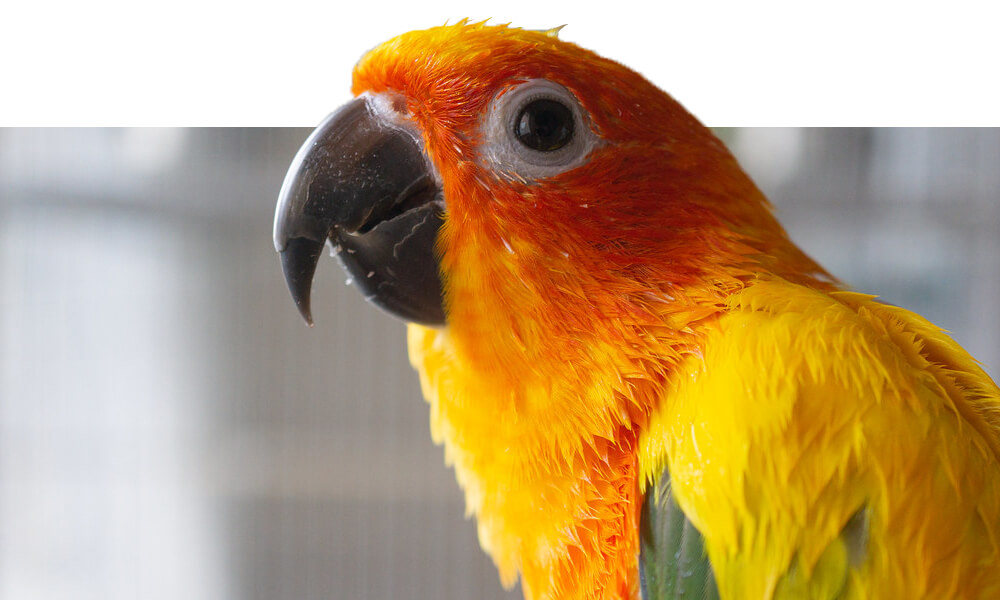
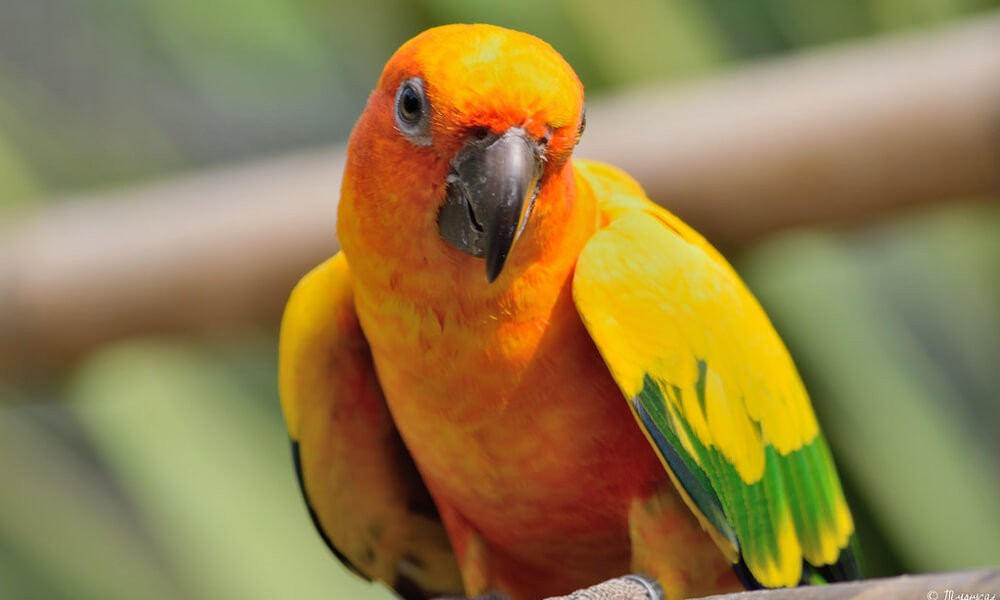
How to Take Care of Pet Sun Conure?
Sun Conures are highly sought-after as pets, primarily due to their lively personalities, captivating colors, and trainability. These birds are known for their inquisitive nature and their tendency to seek attention from their owners. They can be affectionate and enjoy cuddling. Once they receive the desired attention, they can remain content for several hours. Daily interaction is essential as they form a loyal bond with their caregivers. However, it's worth noting that Sun Conures can be vocal and have a tendency to make loud noises. As strong chewers, they require a variety of toys and natural branches to satisfy their chewing instincts.
How to Set up Habitat for Pet Sun Conure?
Sun Conures are known for their loud and ear-piercing screams, which make them unsuitable for apartment living as they can disturb neighbors. These birds require a spacious cage with ample room for both vertical and horizontal movement. It is important to provide multiple perches and a variety of toys to keep them mentally and physically stimulated. Cleaning the cage and rinsing the food and water containers should be done on a weekly basis. It is advised not to house different bird species together in the same cage.
Sun Conures can adapt well to average household temperatures, but it is crucial to ensure that the temperature does not drop below 65°F or exceed 80°F. Sudden and extreme temperature changes should be avoided to prevent any discomfort to the bird. When placing the cage, it is recommended to keep it away from drafts and in a well-lit area, avoiding direct contact with the floor. Providing a variety of perch sizes can help exercise the bird's feet and prevent arthritis. Additionally, for hygiene purposes, it is advisable to position the food and water containers away from the perches.
What to Feed Pet Sun Conure?
Sun Conures should be provided with a nutritionally balanced manufactured diet, which should make up approximately 60-70% of their overall food intake. This diet should be supplemented with a variety of fresh fruits and vegetables, as well as a small portion of fortified seeds. These birds have a natural need to chew, so it's important to provide them with suitable toys and objects to satisfy this behavior.
Fresh and clean water should be readily available to the bird at all times, and the water should be changed daily to ensure its freshness. It is important to avoid offering the bird treats that are high in sugar and fat. Treats should not exceed more than 10% of the bird's total food intake. Any leftover vegetables and fruits should be discarded within a few hours to maintain hygiene and prevent spoilage.
What are the Health Issues of Pet Sun Conure?
It is crucial to seek veterinary care for your Sun Conure if you observe any of the following symptoms, as they could indicate serious health problems:
- Difficulty in breathing: If your conure is experiencing respiratory distress, such as wheezing, gasping, or abnormal breathing patterns, it requires immediate attention from a veterinarian.
- Sluggishness: Unusual lethargy or a significant decrease in activity levels may indicate an underlying health issue.
- Loss of appetite: A sudden or prolonged loss of appetite in a Sun Conure can be a sign of various health problems. If your bird is not eating or showing disinterest in food, it is important to have it examined by a vet.
- Abnormal droppings: Changes in the consistency, color, or smell of your conure's droppings can be indicative of gastrointestinal issues or infections. If the droppings are excessively watery or have a foul odor, it is important to seek veterinary advice.
In addition to these general health concerns, Sun Conures can be susceptible to specific diseases and conditions, including:
- Chlamydiosis: Also known as psittacosis or parrot fever, this bacterial infection can affect the respiratory system and other organs in conures.
- Feather plucking: Some Sun Conures may exhibit compulsive feather plucking behavior, which can be caused by stress, boredom, or underlying medical conditions.
- Diarrhea: Persistent or severe diarrhea in a Sun Conure can indicate digestive issues, infections, or dietary problems that require veterinary attention.
- Polyomavirus: This viral infection primarily affects young birds and can lead to severe illness or death if left untreated.
- Conure bleeding syndrome: This rare condition is characterized by spontaneous bleeding and can be a result of a deficiency in blood clotting factors.
- Pacheco's disease: A viral infection that primarily affects parrots, including Sun Conures, causing sudden death or severe illness.
- Proventricular dilatation disease: A viral infection that affects the digestive system, leading to regurgitation, weight loss, and other gastrointestinal symptoms.
- Psittacine beak and feather disease: A viral infection that affects the beak, feathers, and immune system of conures, resulting in beak and feather abnormalities.
It is important to consult with an avian veterinarian who has experience and knowledge in treating exotic birds, such as Sun Conures, to ensure the health and well-being of your pet. Regular check-ups, proper nutrition, and a clean and enriched environment can help prevent and manage many of these health issues.
What it's Like to Have Sun Conure as a Pet?
Hand-reared Sun Conures tend to be very friendly and affectionate towards humans once they become familiar with them. However, they may exhibit aggression and territorial behavior towards strangers or visitors. These birds have the ability to learn and perform various tricks, and they enjoy engaging with their owners through interactive activities.
Sun Conures also have a fondness for music and find pleasure in listening to different tunes. They particularly enjoy bathing and taking care of their feathers through preening.
While not all Sun Conures have the ability to talk, some individuals can be trained to mimic human speech and develop a vocabulary of several dozen words. They also have a preference for imitating certain sounds, such as whistles, microwaves, doorbells, and telephones.
What People Are Reading:
Frequently Asked Questions About Pet Sun Conure
Some commonly asked questions about the pet sun conure are answered below:
How smart is a Sun Conure?
Sun Conure is extremely intelligent and can be taught a wide variety of tricks such as bowing, stepping up, and flying to people, etc. They adjust well to clicker training. Tricks give them mental stimulation. Some pick up talking and get proficient with many birds. They also imitate some sounds that humans make.
Why does Sun Conures scream so much?
These birds are not among the loudest of birds but they do scream a lot. Do not repent getting a bird that makes a lot of sounds. The cry of the bird is shrill and piercing and taken out in quick succession. The bird that is feeling lonely, insecure, stressed, or physically ill will persist with loud shrill sounds. The ability to make noises reach 120 decibels or more.
Do pet Sun Conures talk?
Yes, some Sun Conures can be trained to mimic and learn a vocabulary of a few dozen words. However, not all individual birds will develop talking abilities, and the extent of their speaking skills can vary. Sun Conures are known to favor imitating sounds such as whistles, microwaves, doorbells, and telephones.
Can I keep this bird in captivity?
Yes, Sun Conures can be kept as pets and are popular among bird enthusiasts. They adapt well to captive environments when provided with appropriate care, a spacious cage, and plenty of mental stimulation. It's important to note that Sun Conures are highly social birds and require regular interaction and attention from their owners to thrive.
How long does a baby chick last?
The lifespan of a baby chick, or any Sun Conure, can vary depending on various factors such as their environment, diet, and overall care. On average, a well-cared-for Sun Conure can live for 15 to 30 years or even longer with proper nutrition, regular veterinary check-ups, and a safe and enriched living environment. It's important to consider the long-term commitment and responsibility that comes with owning a Sun Conure, as they can live for several decades.


